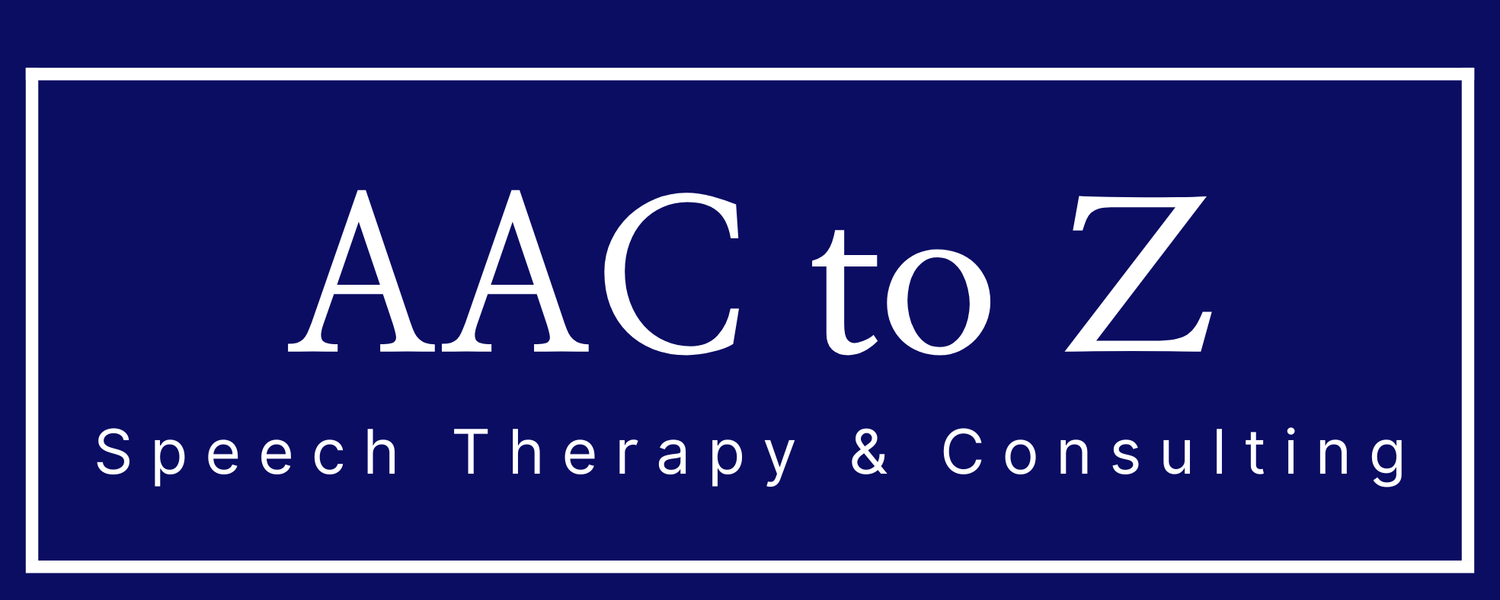Core Vocabulary: The Building Blocks of Language
Ever open your text message inbox and feel like you're seeing the same words over and over? Words like "yes," "me," "you," "go," "help," and "want" pop up constantly in everyday texting. This isn't just a texting phenomenon – these common words, like "the," "go," "see," and "want," form the foundation of communication – and they're called core vocabulary.
Core vocabulary refers to the set of high-frequency words that make up a significant portion of everyday language. Research suggests that just a few hundred core words can account for 80% of what we say. Core vocabulary words are consistent across age, gender and languages. These words act as the building blocks, allowing us to express basic needs, ideas, and emotions.
Why is Core Vocabulary Important for Typically Developing Children?
For young children learning language, core vocabulary serves as the launchpad for communication. Here's how:
Early Acquisition: Core words are typically among the first words children learn. They're simpler to understand and use, making them perfect for early communication attempts, for demanding snacks, or making a dramatic exit. “Up,” “bye-bye,” “mine,” “want”... and the classic closer, “NO!” Core words are the foundation of communication and toddler tantrums.
Foundation for Grammar: Core vocabulary includes function words like prepositions ("in," "on"), conjunctions ("and," "but"), and articles ("the," "a"). These words help children connect other words and build grammatically correct and more complex sentences.
Versatility: Core words can be combined in countless ways to express a wide range of ideas. Mastering these words empowers children to communicate effectively in different situations.
Core Vocabulary: A Game Changer for AAC Users
Augmentative and Alternative Communication (AAC) systems provide a way for individuals with complex communication needs (CCN) to communicate. Core vocabulary plays an even more crucial role in AAC:
Efficient Communication: With limited space on AAC devices, focusing on core vocabulary allows users to express a lot with just a few selections.
Building Blocks for Complex Communication: Core words act as the foundation for building more complex sentences and messages.
Accessibility: Core vocabulary transcends specific languages and can be understood across communication methods and languages, promoting greater inclusivity.
Building a Strong Foundation
Whether a child is learning to communicate verbally, using an AAC system, or some combination of both, a strong foundation in core vocabulary is essential. Here are some ways to promote core vocabulary development:
Exposure: Surround children (and AAC users) with frequent use of core words in everyday interactions.
Repetition: Repetition is key to language learning. Use core words consistently and in different contexts.
Multi-sensory Learning: Engage children (and AAC users) through games, songs, and activities that highlight core vocabulary.
Games and activities: Make learning core vocabulary fun through interactive play.
By understanding and utilizing core vocabulary, we can empower language learners and AAC users to build strong communication skills and reach their full potential. Core vocabulary paves the way for a lifetime of effective communication.
References & Resources:
AssistiveWare, Core word teaching strategies: https://www.assistiveware.com/blog/assistiveware-core-word-classroom
American Speech-Language-Hearing Association (ASHA): https://www.asha.org/
PrAACtical Resources: https://praacticalaac.org/tag/resources/ (focuses on AAC strategies)
AAC Language Lab: https://aaclanguagelab.com/ (provides downloadable core word lists and activities)
